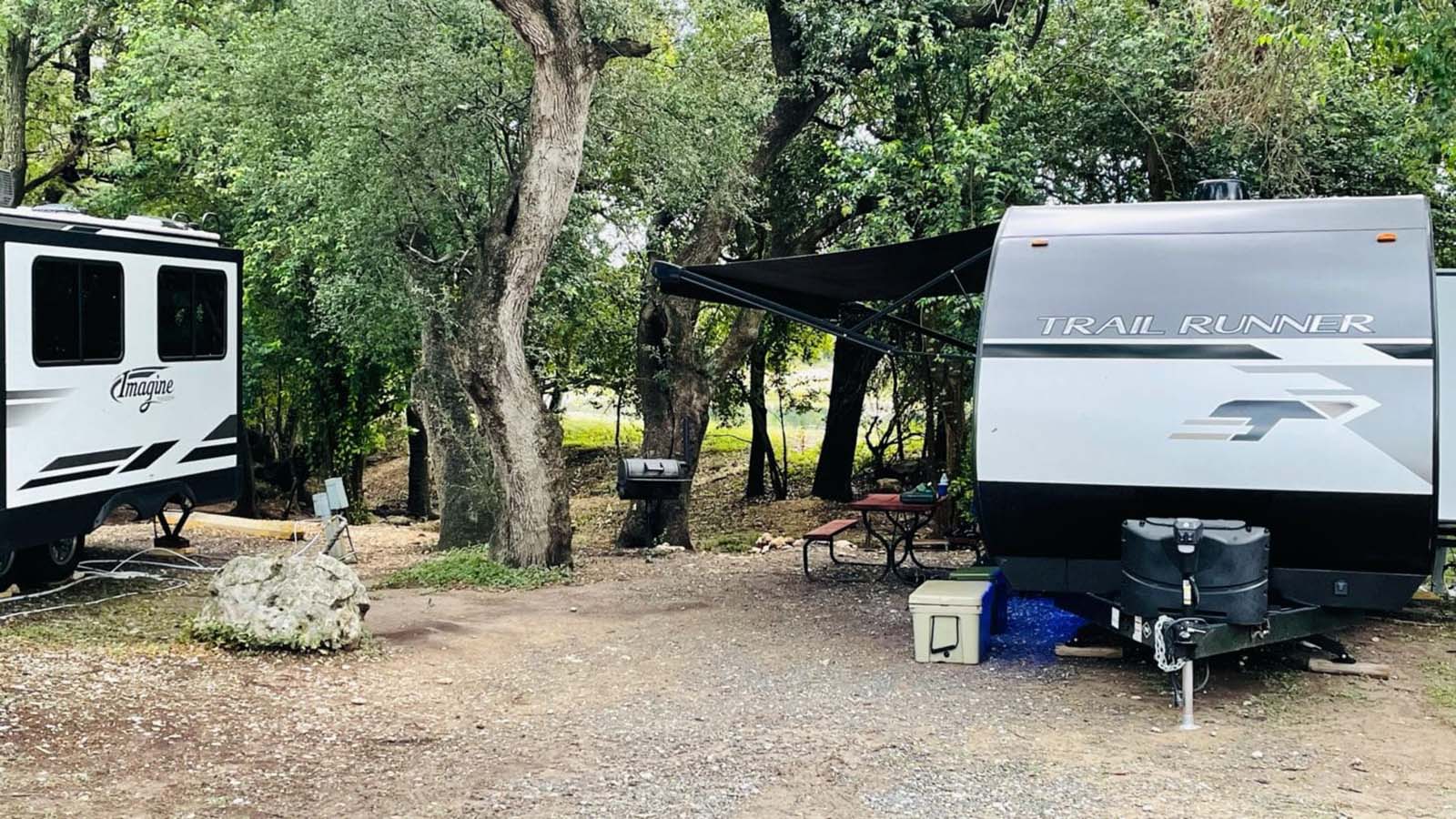Title: How Long Will a 12V Battery Last with an Inverter?

Introduction: When using an inverter with a 12V battery, it is crucial to understand the longevity of the battery’s power supply. This article explores the factors influencing the duration of a 12V battery with an inverter and provides insights into maximizing its lifespan.
H2: Factors Affecting the Battery Life with an Inverter
H3: 1. Battery Capacity and Condition The capacity of the 12V battery is a key determinant of how long it will last with an inverter. Higher capacity batteries generally provide a longer power supply. Additionally, the overall condition of the battery, including its age and maintenance, affects its performance, aiming for regular maintenance.

H3: 2. Power Consumption of Connected Devices The power consumption of the devices connected to the inverter has a direct impact on how long the 12V battery will last. Power-hungry appliances, such as refrigerators or power tools, will drain the battery faster compared to lower wattage devices like smartphones or LED lights. Prioritize energy-efficient appliances to prolong the battery’s life.
H3: 3. Inverter Efficiency The efficiency of the inverter determines how much power is lost during the conversion from DC to AC. Higher efficiency inverters convert more DC power into usable AC power more effectively, minimizing power wastage. Opting for a highly efficient inverter will extend the battery’s lifespan.
H2: Tips for Maximizing 12V Battery Life with an Inverter

H3: 1. Optimal Battery Charging Maintain the battery’s charge within the recommended levels. Overcharging can damage the battery while undercharging can reduce its overall capacity. Regularly monitor voltage levels and use appropriate charging techniques, like a smart charger, to ensure optimal charging and maximize battery life.
H3: 2. Load Management Avoid overloading the inverter with more appliances than it can handle. Determine the inverter’s maximum power output and select devices accordingly to prevent excessive strain on the battery. Consider powering essential devices only during critical times to conserve energy.
H3: 3. Proper Ventilation Adequate ventilation for the battery and inverter is crucial. Heat can degrade the battery’s performance and potentially shorten its lifespan. Ensure the inverter and battery are placed in a well-ventilated area to dissipate heat effectively.
H3: 4. Battery Maintenance Follow recommended maintenance practices such as regular cleaning of battery terminals, checking electrolyte levels (if applicable), and replacing damaged cables. Proper maintenance ensures optimal functioning and prolongs the battery’s life.
H3: 5. Battery Capacity Expansion Consider expanding the battery capacity by connecting multiple batteries in parallel. This setup can distribute the load and extend the overall power backup duration.
Conclusion: The lifespan of a 12V battery used with an inverter depends on several factors, including battery capacity, power consumption of connected devices, inverter efficiency, and maintenance. By properly managing these factors and following recommended practices, users can maximize the battery’s longevity and ensure a reliable power supply from their inverter system.
